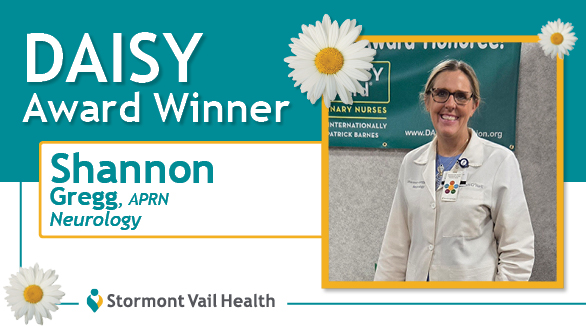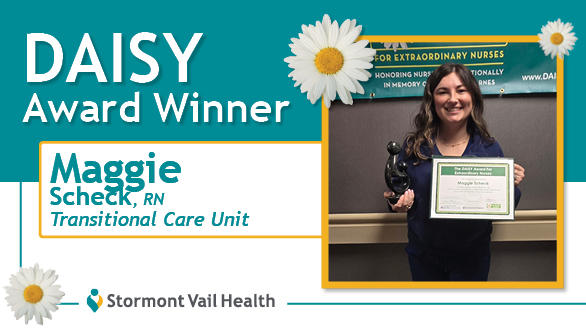Newsworthy
What is Alcohol Use Disorder?
People often enjoy occasional alcoholic beverages, especially to celebrate special occasions or relax after a challenging day. However, for many others, drinking might be a daily occurrence. But does drinking every day indicate a problem? After all, the scientific consensus for years stated that two or fewer drinks per day for men and no more than one drink for women would have minimal impact (if any) on health.
The answer is complex, particularly with emerging new research about alcohol and health. As researchers study the effects of alcohol on health and wellbeing, the new consensus is that no amount of alcohol is safe for people’s health. This shift in opinion co-occurs as a growing number of people reevaluate their alcohol consumption following the COVID-19 pandemic. During this time, many used alcohol to cope with unexpected mental health challenges. As a result, alcohol consumption spiked 6.6% from 2018 to 2021, reaching the highest level since 1988.
Although Americans’ drinking habits have returned to pre-pandemic levels, conditions like alcohol use disorder remain prevalent problems that must be recognized and addressed. After all, alcoholism, like many disorders, exists on a spectrum. Understanding it as such can ease some stigma associated with this condition and encourage more people to seek timely, appropriate support.
Alcohol Use Disorder
The National Institute on Alcohol Abuse and Alcoholism defines alcohol use disorder as a “medical condition characterized by an impaired ability to stop or control alcohol use despite adverse social, occupational, or health consequences.”
Alcohol use disorder is an umbrella term often used to refer to other levels of alcoholism, including dependence, abuse, and addiction. Specifically, however, experts are using the phrase “alcohol use disorder” as a diagnostic term to help ease the stigma associated with phrases like “alcohol abuse” and “alcoholism.”
Symptoms of Alcohol Use Disorder
Symptoms of alcohol use disorder may range in severity and frequency depending on the person. A few warning signs include:
- Drinking longer or more than intended
- Fixating/obsessing about having a drink
- Giving up or limiting activities or hobbies to drink
- Trying and failing multiple times to limit or stop drinking
- Spending more time drinking or recovering from the effects of alcohol
- Experiencing disruptions to the home, family, job, or school (and drinking despite these disruptions)
- Driving, swimming, walking in unsafe areas, risky sexual behavior, or engaging in other dangerous behaviors during or after drinking
- Sobering up and experiencing withdrawal symptoms like shakiness, nausea, sweating, malaise, racing heart, or sleep problems
These warning signs should be taken seriously. Alcohol use disorder is a brain disorder, so the more symptoms somebody experiences, the greater the need to address these behaviors. Alcohol misuse causes long-term or possibly permanent brain changes, making it more difficult for people struggling with this disorder to recover.
Risk Factors for Alcohol Use Disorder
Anxiety, depression, and other mental health challenges can significantly increase one’s chances of developing alcohol use disorder. People with alcohol use disorder frequently report an underlying mental health condition. For example, according to research from the NIAA, alcohol use disorder is prevalent in:
- 20% to 40% of people receiving treatment for an anxiety disorder
- 22% to 40% of people receiving treatment for major depressive disorder
- 42% of people receiving treatment for bipolar disorder
- 30% to 60% of people with PTSD
- 36% to 91% of people receiving treatment for sleep disorders
Furthermore, other factors can also increase one’s risk, such as drinking from a young age, genetics, and family history.
Treatment Options for Alcohol Use Disorder
Overcoming the numerous external and internal factors that increase one’s risk of alcohol use disorder can seem daunting. Fortunately, many resources and treatment options are available in multiple settings, including primary care. Personalized evidence-based treatments, including cognitive and behavioral therapies, support groups, and medication, can go a long way in reaching (and continuing) recovery.
Of course, there is no universal treatment to guarantee success. For example, group therapy may offer the support one needs, while someone else may require individualized therapy sessions. In addition, depending on the level of severity and the presence of underlying mental health issues, inpatient treatment may be necessary before outpatient options can begin.
Do You or a Loved One Struggle with Alcohol Use Disorder?
Stormont Vail Behavioral Health Can Help
Stormont Vail Health Behavioral Health does not offer substance abuse treatment or rehabilitation programs. However, we provide adult inpatient and outpatient programs for underlying mental health conditions like anxiety or depression that may contribute to substance dependency.
Furthermore, the Topeka Campus Hospital is one of the few health systems to provide a fully integrated behavioral health team. This model ensures patients receive the right help at the right time in one place.
We also partner with the Central Kansas Foundation, which is equipped to manage substance use. This partnership allows us to refer patients to resources and organizations specializing in substance abuse treatment.
Life with an emotional, mental, or behavioral disorder can feel like a roller coaster. You may have good days and bad days, and it can feel like a challenge sometimes to control your thoughts or emotions. Our expert team of psychiatrists, APRNs, and clinically-licensed therapists are available to help patients ease and manage various mental health challenges.
If you or someone you know is in crisis, call 9-1-1 immediately.
Sources:
- Alcohol Use Disorder: From Risk to Diagnosis to Recovery | National Institute on Alcohol Abuse and Alcoholism (NIAAA). (n.d.). Www.niaaa.nih.gov. https://www.niaaa.nih.gov/health-professionals-communities/core-resource-on-alcohol/alcohol-use-disorder-risk-diagnosis-recovery
- Manthey, J., Shield, K., & Rehm, J. (2022). Alcohol and health. The Lancet, 400(10365), 1764–1765. https://doi.org/10.1016/s0140-6736(22)02123-7
- National Institute on Alcohol Abuse and Alcoholism. (2017). Drinking Levels Defined. Nih.gov. https://www.niaaa.nih.gov/alcohol-health/overview-alcohol-consumption/moderate-binge-drinking
- National Institute on Alcohol Abuse and Alcoholism. (2021). Understanding Alcohol Use Disorder. Www.niaaa.nih.gov. https://www.niaaa.nih.gov/publications/brochures-and-fact-sheets/understanding-alcohol-use-disorder
- Slater, M., Hillel, R., & Alpert, S. (2023). SURVEILLANCE REPORT #120 APPARENT PER CAPITA ALCOHOL CONSUMPTION: NATIONAL, STATE, AND REGIONAL TRENDS, 1977-2021. https://pubs.niaaa.nih.gov/publications/surveillance120/surveillance-report120.pdf




